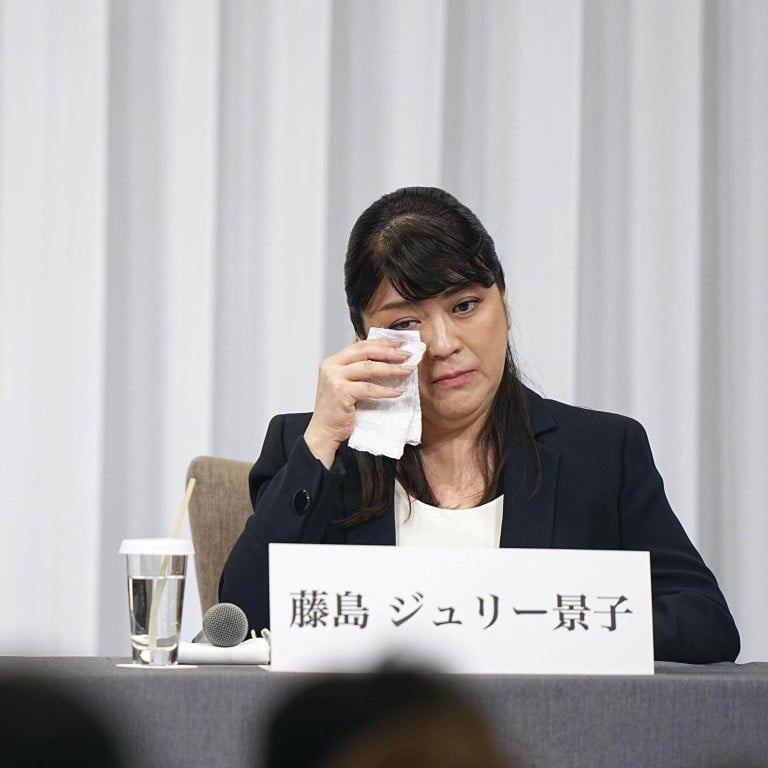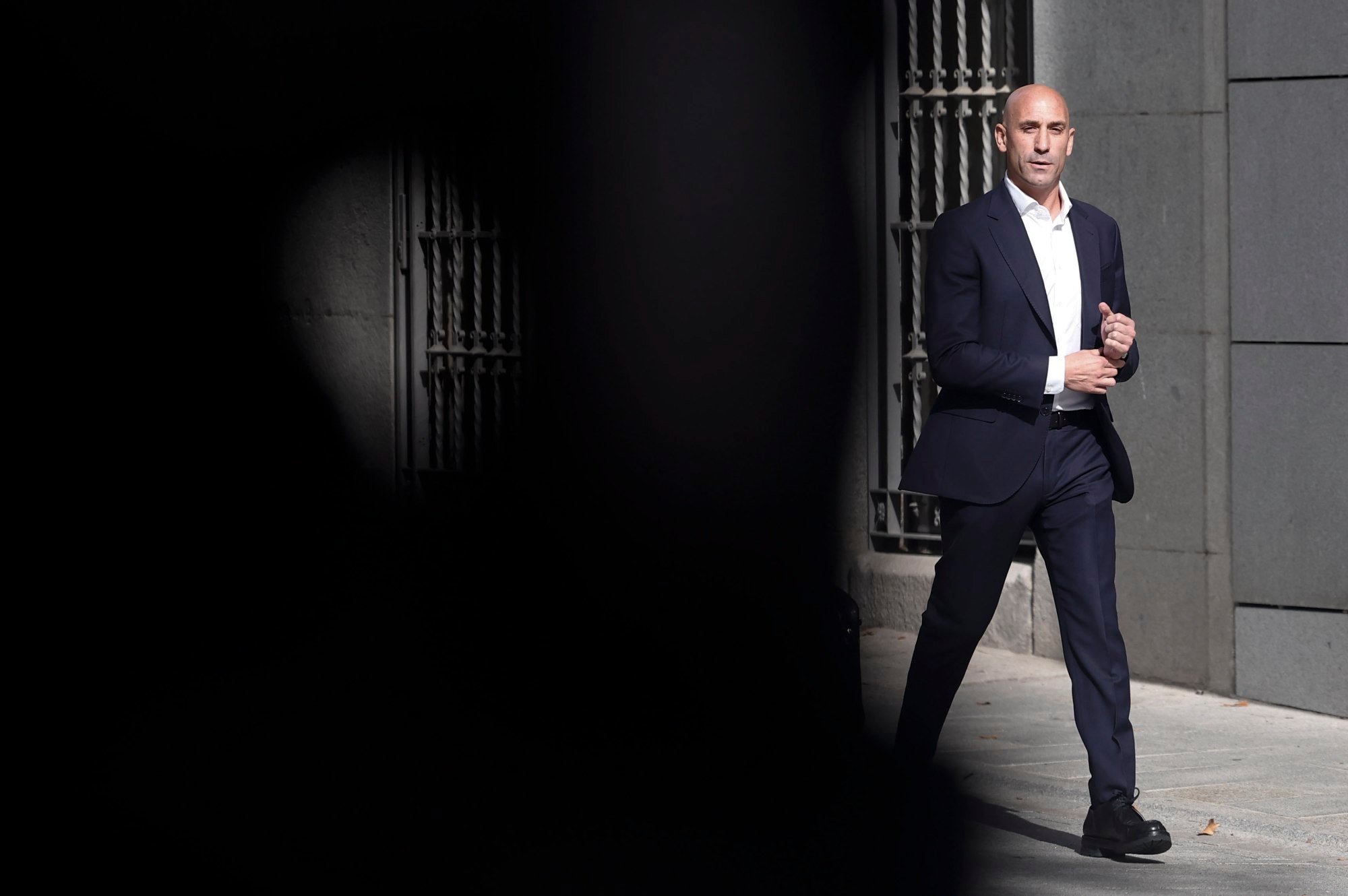
Nearly six years since #MeToo, sustained collective activism is the way to tackle sexual abuse
- Without the change wrought by the #MeToo movement, flawed as it was, the Spanish football chief wouldn’t have quit over an unwanted kiss
- However, as recent events in Hong Kong and Japan show, women and men are still vulnerable to sexual harassment and abuses of power
It has been nearly six years since American actress Alyssa Milano, following explosive accusations of predatory behaviour by film producer Harvey Weinstein, urged those who had been harassed or assaulted to write “me too” on Twitter; the phrase had first been used by social activist Tarana Burke on MySpace more than a decade ago to support women who had been sexually abused.
Although the movement wasn’t without its flaws and would draw a backlash, it has also brought change. In some places, laws have been enacted to protect women. There have been high-profile cases where powerful individuals finally faced legal consequences. And perhaps the greatest contribution the movement has made is the conversations being had about how prevalent abuse of power is across cultures.

Rubiales also claimed to be a victim of a “witch hunt” by “false feminism”. This is rich coming from him. The women who were accused and burned at the stake for being witches in the 16th and 17th centuries lacked the power to even speak as witnesses; a “false feminism” would be the kind that would let him off the hook.
Ultimately, the massive pressure on him to quit didn’t let up – Spain is among the leading countries in gender and equality legislation, after all – and Rubiales resigned.
Sustained collective activism works, and let this be a reminder to other parts of the world that to effect change, there must be no more willingness to let matters slide.
Five years on, has #MeToo hit a wall – or is deeper change possible?
As educators, university leaders must seize the opportunity to teach students about the power dynamics that are often at the root of sexual misconduct, harassment and abuse. (In the case of the Spanish football chief who forced a celebratory kiss on a player, the power imbalance is patently obvious.)
As for the rest of us, we must keep pressing for the end of inappropriate behaviour, whether in the institutions that might produce future leaders or in the streets.
However, we must understand that it isn’t just women, but also men, who are vulnerable to abuses of power and to predators.
Rumours about Kitagawa’s sexual abuse of boys can be traced back to the 1960s. In a 2003 civil defamation case, the Tokyo High Court found claims of abuse against Kitagawa printed in the news magazine Shukan Bunshun to be true, and yet Kitagawa was never charged criminally.
In March this year, the BBC released a documentary featuring a few of Kitagawa’s accusers and catapulted the issue into the international spotlight. Over the next months, more victims came forward; the abuse allegations from former employees span more than half a decade, with victims numbering possibly in the hundreds. Then the United Nations Working Group on Business and Human Rights investigated the scandal in July.
Even with the power and action of the collective – including international exposure and investigation efforts – it has taken this long for the decades of abuse to be formally acknowledged.
The abuse of power is not only a feminist issue; it is a crisis and our higher educators need to be at the forefront of the fight against it. In this fight, we are all activists.
Alice Wu is a political consultant and a former associate director of the Asia Pacific Media Network at UCLA


